Tear gas fired at protesters on third anniversary of Sudan sit-in killings
Sudanese security forces have fired tear gas at protesters who gathered in parts of the capital, Khartoum, and other cities to rally against military rule and mark the third anniversary of the killing of scores of protesters.
Khartoum protesters blocked a major road junction in the capital on Saturday and laid out food to break their Ramadan fast in the streets, but just before sundown, officers began breaking up the rally and chased demonstrators into side streets.
Protests were also seen in other large cities, including Madani, Kosti and El Obeid, carrying posters with faces of some of the young men killed in 2019, according to witnesses posting on social media.
“We will continue on the path the martyrs began,” said one of the protesters in Khartoum on Saturday who declined to be named.
Sudanese police could not be reached for comment on Saturday, on the third anniversary of the sit-in raid according to the Islamic lunar calendar.
At least 130 people have so far been killed and hundreds wounded in the crackdown on anti-coup demonstrations, according to the independent group of medics, while official tallies put the death count at 87.
Military leaders have denied responsibility for the 2019 killings. A number of more junior officers are on trial over the deaths.
More than two years ago, massive anti-government demonstrations hit Sudan. The main grievance was about economic woes. Protests and unrest have continued to rock Sudan since months of massed demonstrations culminated in the overthrow of former president Omar al-Bashir in April 2019.
In August the same year, a transitional civilian-military administration was founded to run the country. However, Sudan’s military chief and de facto leader Abdel Fattah al-Burhan staged a coup on October 25 last year and dissolved the fragile government, as a result of which Abdalla Hamdok, the then prime minister, was detained and put under house arrest. The takeover infuriated the Sudanese and sparked international outcry, including from the UN Security Council.
Hamdok was later released and on November 21 signed a power-sharing deal with the Burhan-led junta, according to which the former would continue his career as prime minister, all political prisoners detained during the coup would be released, and a 2019 constitutional declaration would be the basis for a political transition.
According to the deal, July 2023 has been set as the date for Sudan’s first free elections since 1986.
The coup, however, triggered new waves of ongoing protests across the country, demanding an all-civilian rule with no participation of the military.
On January 2, Hamdok resigned, leaving the military fully in charge. He said Sudan was at a “dangerous crossroads threatening its very survival.”
The move drew anger and outrage across the North African country and sparked international condemnations, including from the UN Security Council. The country has been rocked by protests since then.
The economic crisis in Sudan deepened when October’s military coup drew broad international condemnation and punitive measures that included a suspension of $700 million in US aid.
UN special representative for Sudan, Volker Perthes, on March 29 warned the UN Security Council that the absence of a political agreement on returning to a transitional path had already led to a deteriorating economic, humanitarian, and security situation in the country.
The African country, home to 45 million people, is also dealing with a severe economic crisis and an inflation reaching 400 percent.
Venezuela calls on UN to pressure US for Maduro’s immediate release
Hamas: Israel seeks to break Palestinian abductees’ will through abuse
Former UK ambassador released on bail after arrest in Epstein-linked probe
Hamas condemns Israel’s arson attack on mosque in West Bank, calls for mobilization
Trump's top general warns of Iran aggression risks: reports
VIDEO | US ambassador’s remarks on Israel’s expansion spark outrage
VIDEO | ‘Protect the Right to Protest’ rally held outside London court
VIDEO | Gaza bakery supports displaced families ahead of Ramadan Iftar


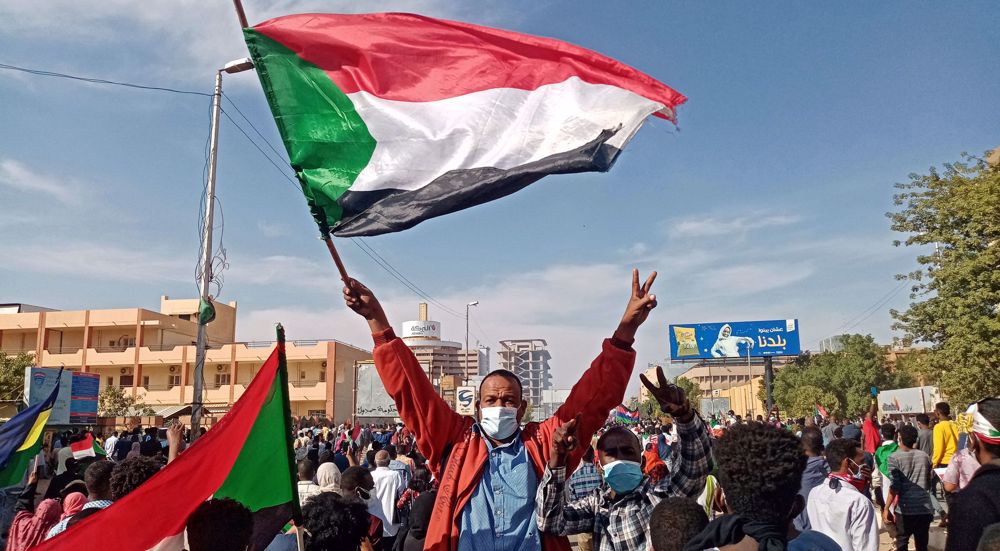
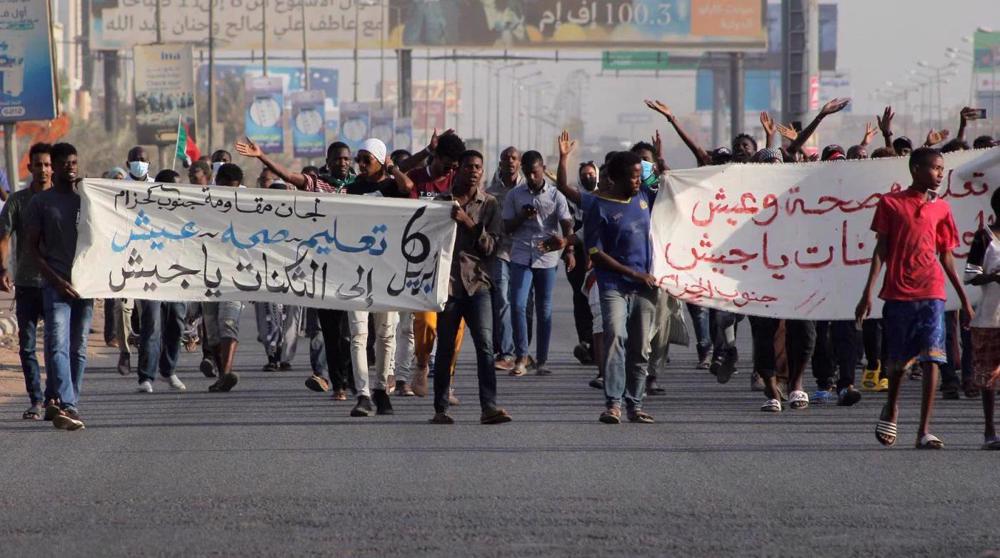
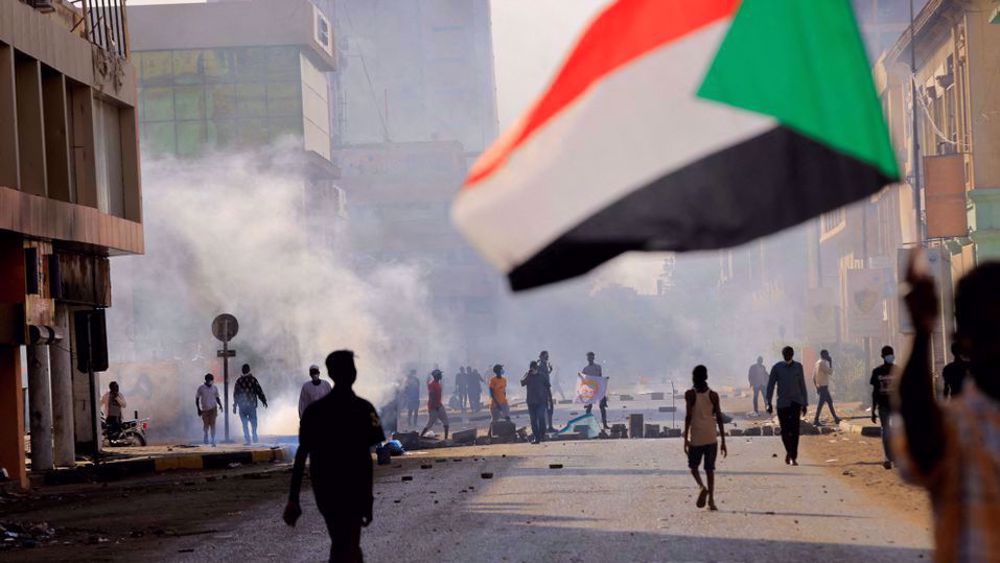
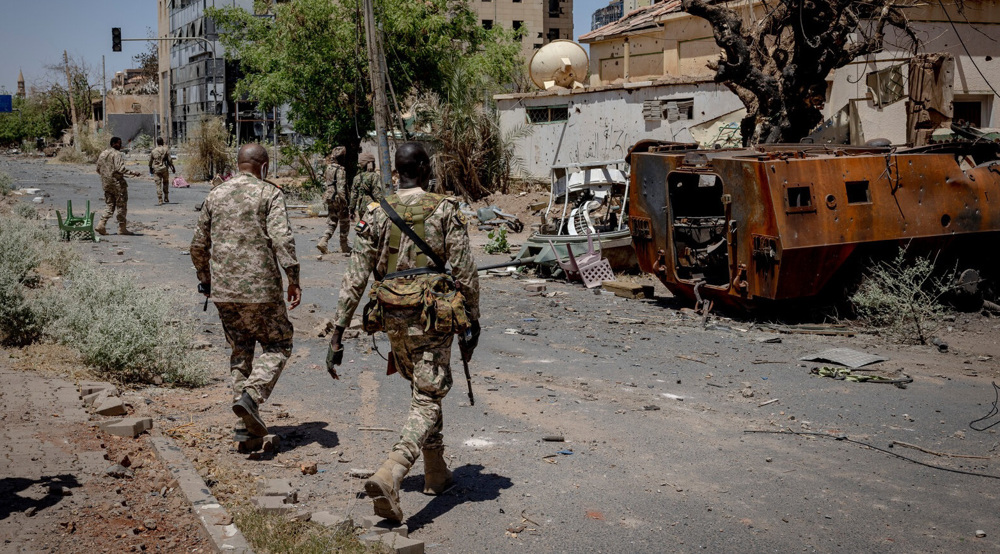
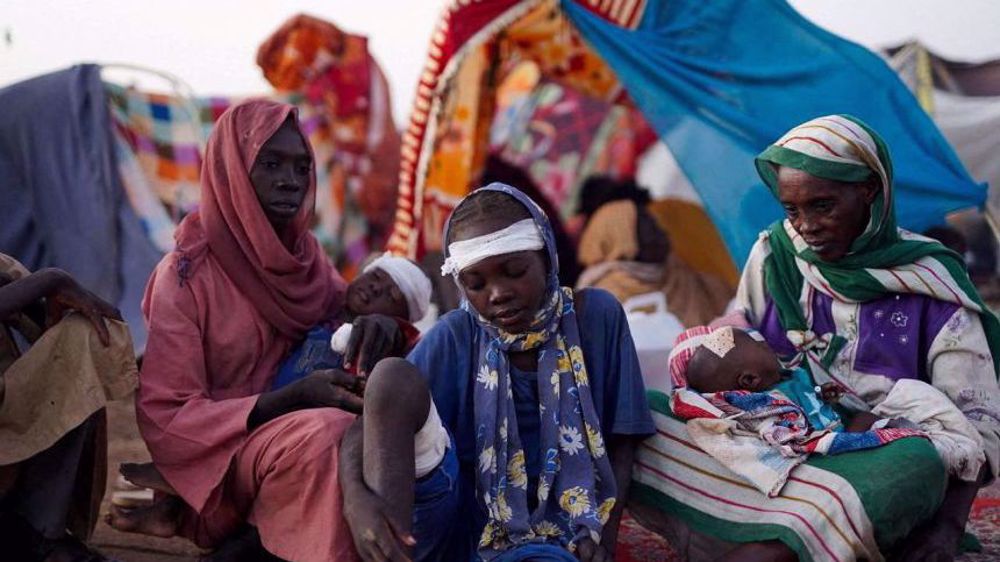
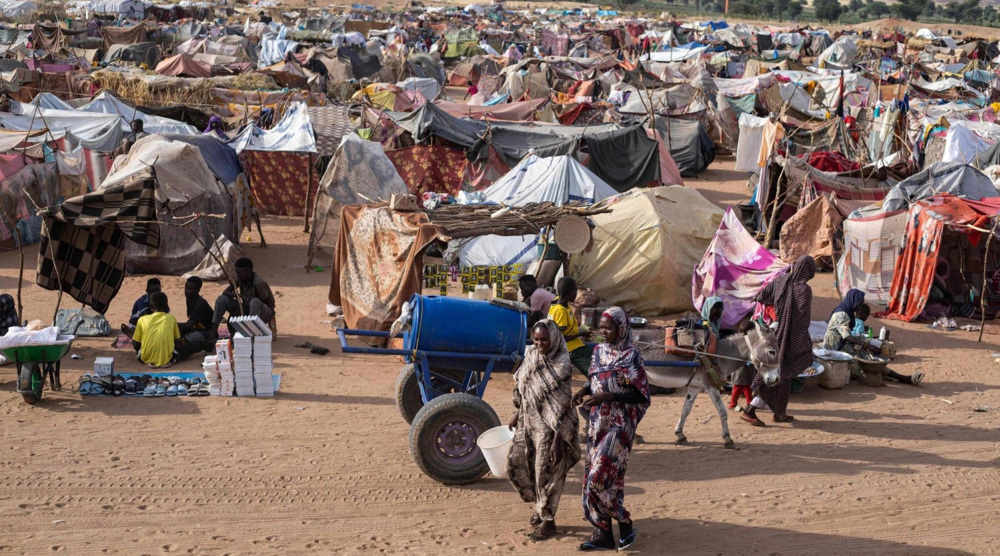



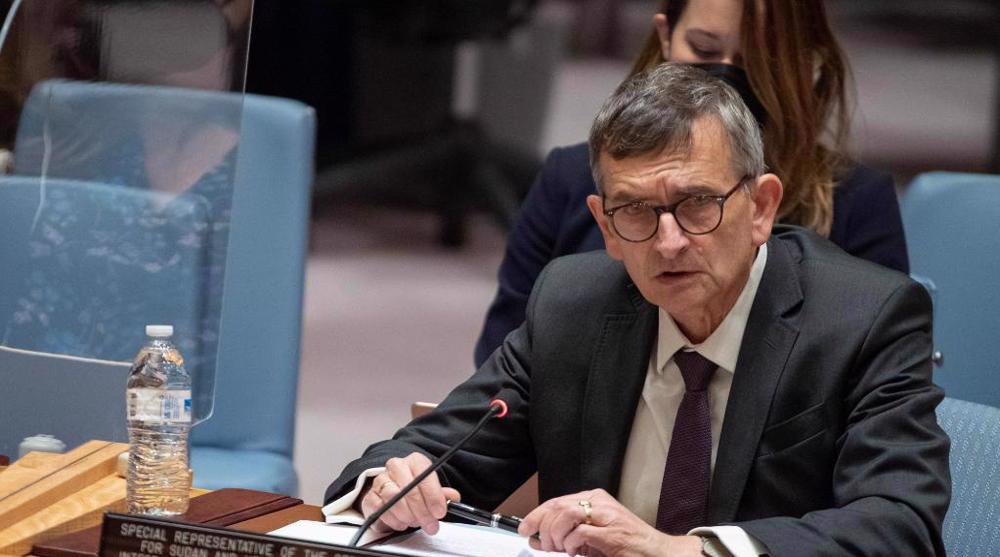
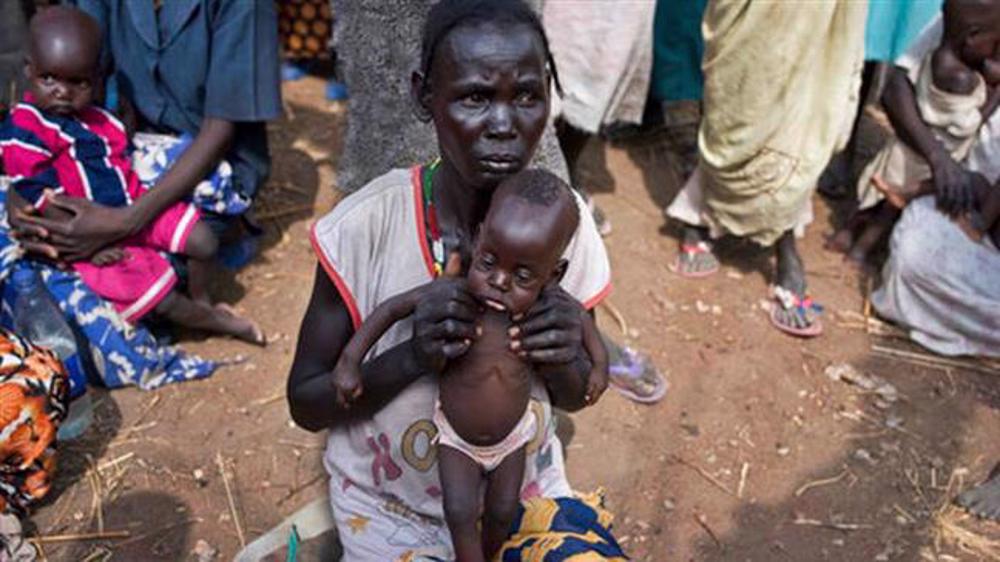
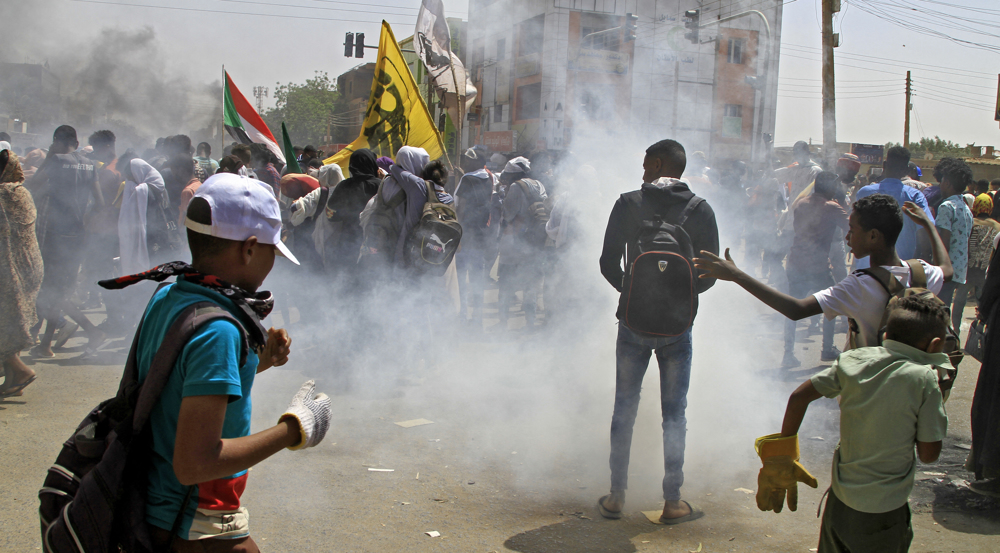
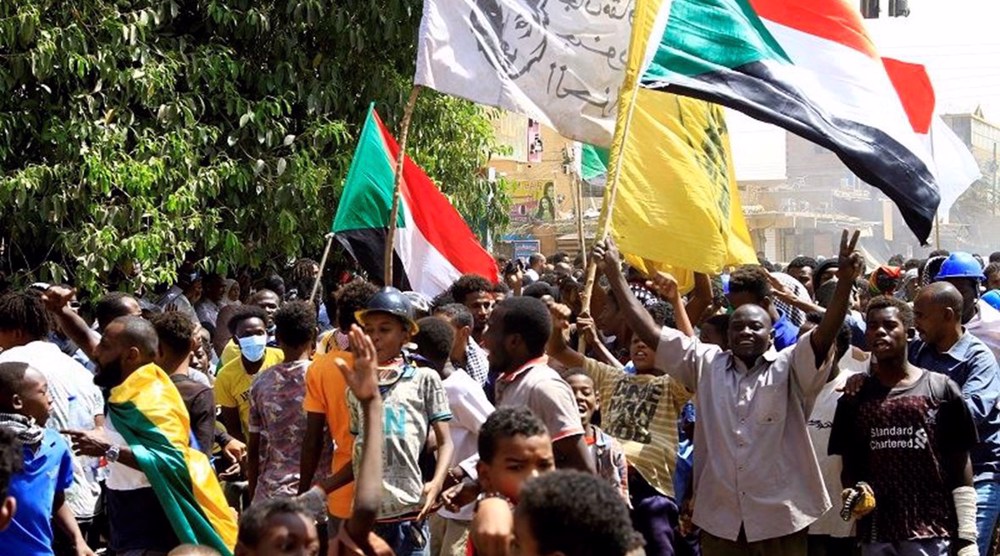
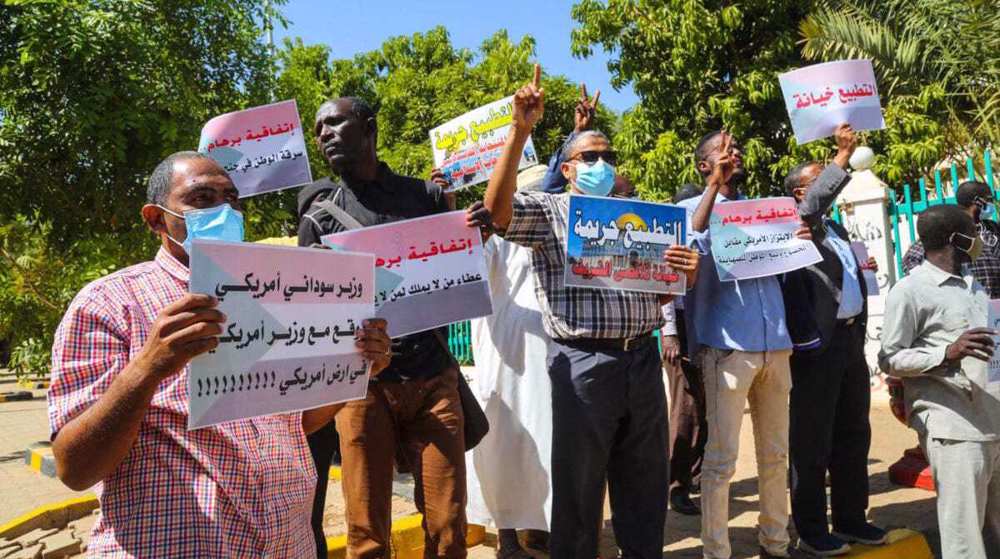

 This makes it easy to access the Press TV website
This makes it easy to access the Press TV website